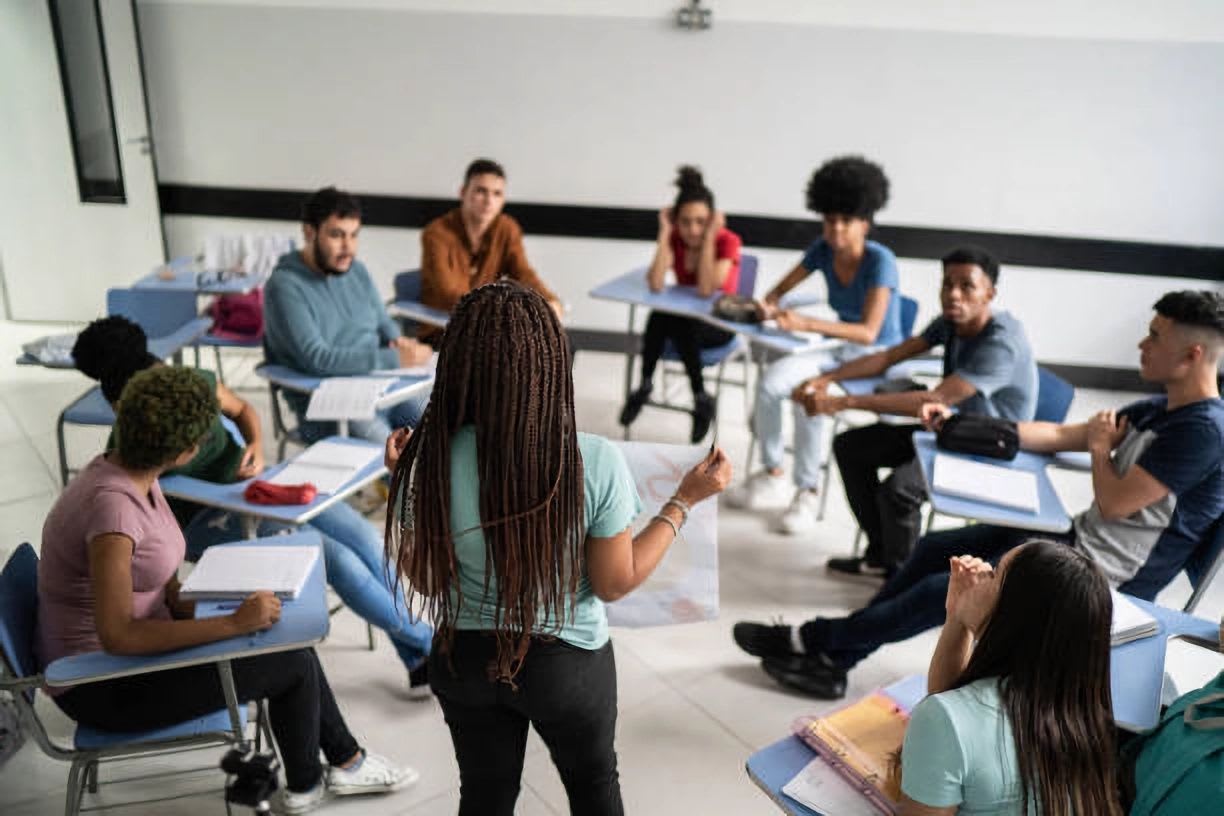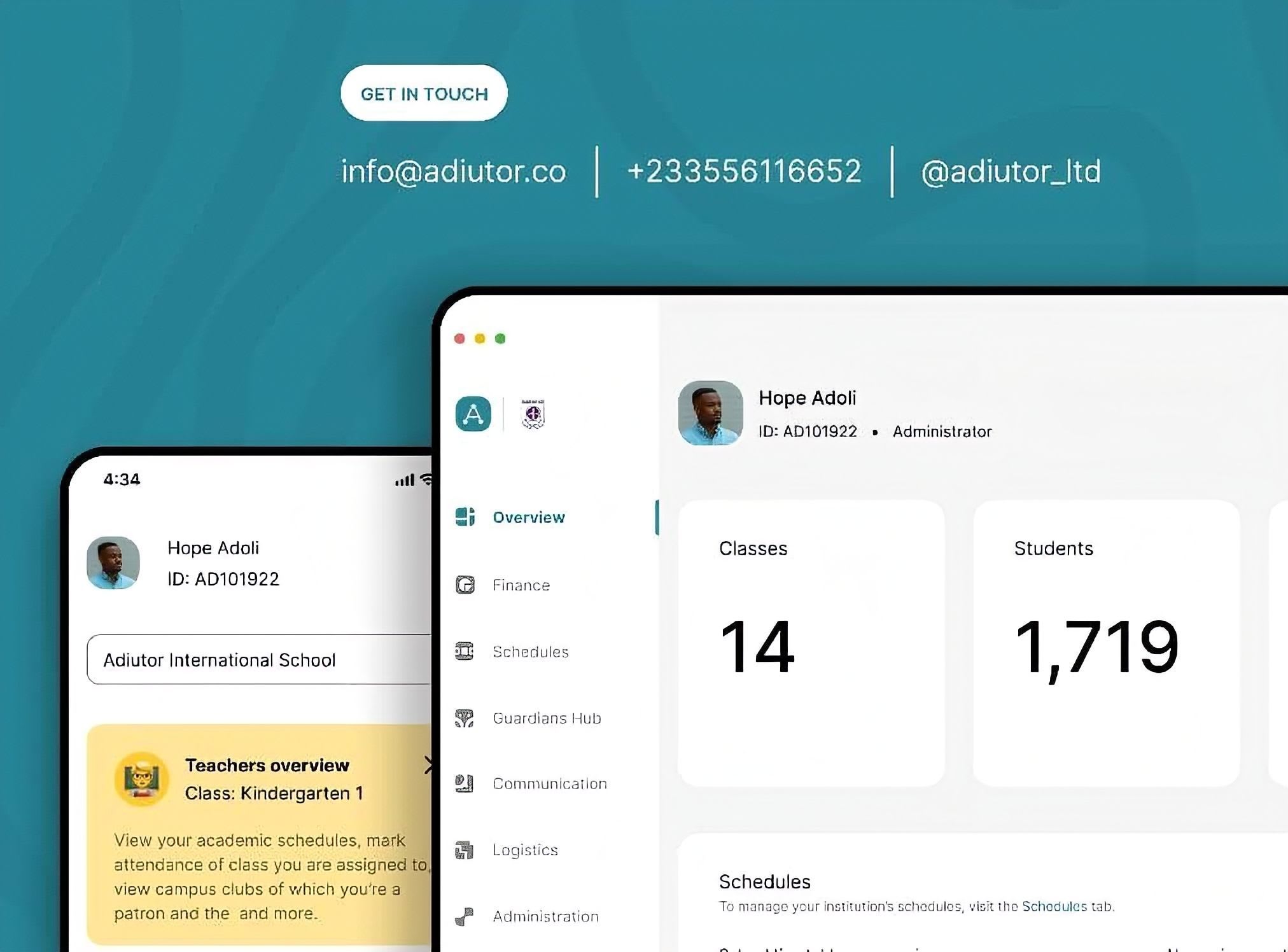The effectiveness of using debate in the classroom for critical thinking skills
The ability to articulate ideas factually and coherently is recognized as a cornerstone of success in any given field.

The ability to articulate ideas factually and coherently is recognized as a cornerstone of success in any given field. Whether navigating academic endeavors, entering the professional industry, or contributing to societal discourse, effective communication stands as a defining factor. At the heart of honing this crucial skill set lies the art of debate. This article explores the effectiveness of using debates in the classroom as a powerful tool for cultivating critical thinking abilities among students.
💡 Lessons learnt: Education is not just the learning of facts, but the training of the mind to think.
The Role of Debate in Education
Debate has a rich history in education and has emerged as a powerful pedagogical tool for cultivating critical thinking skills. The roots of using debate as an educational strategy can be traced back to ancient Greece, where it was an integral part of the educational philosophy. Since then, its application has evolved, and contemporary research has shed light on the multifaceted benefits of incorporating debate into the classroom.
The foundational principle behind using debate in education is to provide students with a structured platform for engaging in intellectual discourse. This aligns with the broader goals of education, aiming not just at imparting knowledge but also at developing the ability to think critically. As indicated by studies (Brown & Smith, 2019), students engaged in regular debate activities exhibit improved skills in analysis, reasoning, and synthesizing information.
Effective articulation of one's viewpoint and the ability to counter opposing arguments require a high level of linguistic and rhetorical competence. These communication skills are not only crucial for academic success but are also life skills that contribute to professional and personal development.
The contemporary educational landscape recognizes the significance of nurturing not just content knowledge but also the skills necessary for active citizenship and professional success. In this context, debate becomes a dynamic tool that not only imparts subject-specific knowledge but also fosters the broader skill set encapsulated in critical thinking.
The Impact of Debate on Critical Thinking Skills
Debate, as an educational tool, has been observed to significantly enhance critical thinking skills in students. Studies have consistently found that engaging in structured debates sharpens students' abilities to analyze information, evaluate arguments, and formulate reasoned judgments.
One of the key aspects contributing to this impact is the requirement for students to research and understand their assigned topics thoroughly. This in-depth exploration stimulates cognitive processes, encouraging students to question assumptions, seek evidence, and develop a nuanced understanding of complex issues.
Moreover, the interactive nature of debates cultivates active listening skills, an essential component of critical thinking. Students must attentively consider opposing arguments, respond thoughtfully, and adapt their strategies based on the evolving discourse.
The positive influence of debate on critical thinking is further corroborated by a longitudinal study conducted by Patel et al. (2021). Their research followed students who participated in debate programs throughout their academic journey, revealing a sustained enhancement in their ability to think critically and make informed decisions. The structured format of debates prompted students to dissect arguments, discern logical fallacies, and form evidence-based conclusions.
In essence, the structured and dynamic nature of debates, as supported by various research studies, makes it a potent tool for fostering critical thinking skills in students.

Adiutor
Adiutor means "helper" - we do just that, by taking a load of your school administration and helping you focus on what matters most: the kids.
References:
Walker A, Kettler T (2020). Developing Critical Thinking Skills in High Ability Adolescents: Effects of a Debate and Argument Analysis Curriculum https://doi.org/10.46893/talent.758473
D'Souza C. (2013). Debating: A catalyst to enhance learning skills and competencies. https://www.researchgate.net/publication/263598036_Debating_A_catalyst_to_enhance_learning_skills_and_competencies
Dzakiyatun N., As'ari A., Afif S.(2023). Students’ Critical Thinking Skills Perform in Debate Activities.
McDonald R. (2000). The Great Debate, Debate: The educational and societal benefits of academic debate
Abid M., Rick de G., Daniel J. (2021). Debate as a pedagogical tool for developing speaking skills in second language education https://doi.org/10.1177/13621688211050619
Michele D. (2007). Debate: A Teaching-Learning Strategy for Developing Competence in Communication and Critical Thinking https://jdh.adha.org/content/jdenthyg/81/4/78.full.pdf
Oros A. Let's Debate: Active Learning Encourages Student Participation and Critical Thinking https://www.tandfonline.com/doi/full/10.1080/15512160701558273
Garrett, M. , Schoener, L. , Hood, L. (1996). A Teaching Strategy to Improve Verbal Communication and Critical-Thinking Skills
